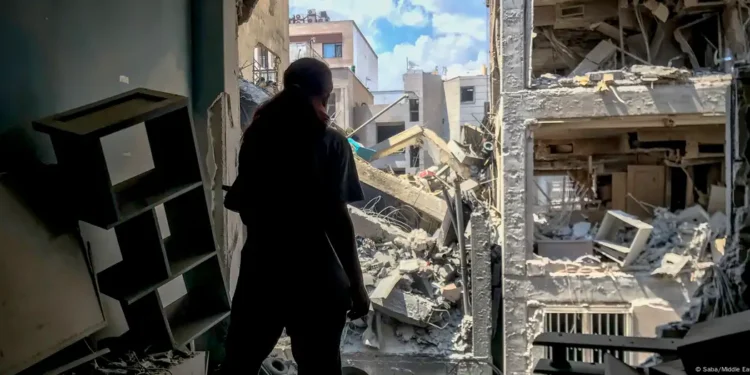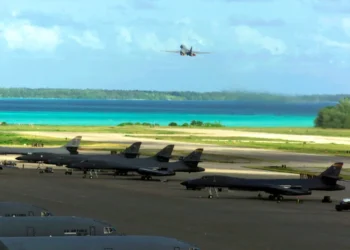The long-simmering conflict between Israel and Iran has erupted into one of its most volatile phases in years, with both countries exchanging direct attacks and raising fears of a broader regional war.
The latest escalation began on June 12–13, when Israel launched a sweeping aerial campaign—codenamed “Operation Rising Lion”—targeting more than 100 Iranian military and nuclear-related sites. Among the targets were key installations in Natanz and Isfahan, including uranium enrichment facilities and missile production bases. Israeli officials say the strikes resulted in the deaths of several senior Iranian military commanders and nuclear scientists. Satellite imagery and independent observers have since confirmed extensive damage to the Natanz complex.
Iran responded forcefully. In a massive counterattack, the Islamic Revolutionary Guard Corps launched hundreds of drones and missiles toward Israeli cities, including Tel Aviv, Jerusalem, and Rishon LeZion. While Israel’s advanced air defense systems, aided by US forces, intercepted most of the incoming fire, several missiles hit residential areas, resulting in at least three civilian deaths and dozens of injuries. The Iranian government described its response as “legitimate retaliation” for unprovoked Israeli aggression, while also warning that future attacks would target military installations in Israel and potentially extend to Western bases in the region.
The war of words has intensified alongside the military action. Israeli Defense Minister Israel Katz declared, “Tehran will burn” if Iranian attacks continue, while Iranian Supreme Leader Ayatollah Ali Khamenei vowed “ruin to the Zionist regime,” threatening further escalation if the West intervenes. Israeli Prime Minister Benjamin Netanyahu, addressing the nation late Friday, claimed Iran “has never been weaker” and insisted that military operations would continue until Israel’s strategic objectives are met.
The fallout has reached beyond the battlefield. Iran announced it is suspending its backchannel nuclear negotiations with the United States in Oman, citing what it called Washington’s “complicity” in the Israeli strikes. The move has effectively frozen a fragile diplomatic process that aimed to reduce nuclear tensions and avoid open conflict. Meanwhile, airspace over Jordan, Lebanon, and Syria has been temporarily closed, and oil markets have responded with sharp price increases as fears of a regional war disrupt global energy flows.
Across the region, governments are scrambling to react. Western military bases in the Middle East have been placed on high alert, and US and European leaders have issued urgent calls for restraint. UN Secretary-General António Guterres, Pope Francis, and leaders from Saudi Arabia and Egypt have all pleaded for de-escalation. Russia has offered to mediate between the two sides, though both Israel and Iran appear unwilling to step back at this stage.
With both nations declaring that hostilities will continue, the conflict now teeters on the edge of a full-scale war. The situation remains fluid and unpredictable, with each hour bringing new threats, new attacks, and new consequences for a region already burdened by years of instability.














